- Introduction to Trucking Insurance
- Liability Coverage Explained
- Physical Damage Coverage
- Cargo Insurance and Its Importance
- Bobtail and Non-Trucking Liability
- Occupational Accident Insurance
- Trailer Interchange Insurance
- Motor Truck General Liability
- Umbrella Insurance Policies for Truckers
- Choosing the Right Coverage for Your Trucking Business
1. Introduction to Trucking Insurance
Trucking insurance is essential for protecting trucking businesses against potential risks and liabilities. It provides financial coverage in case of accidents, cargo damage, theft, and other unforeseen events. Understanding the various types of trucking insurance is crucial for ensuring comprehensive protection and compliance with industry regulations. Whether you own a single truck or manage a large fleet, selecting the right insurance policies can safeguard your operations and financial stability.
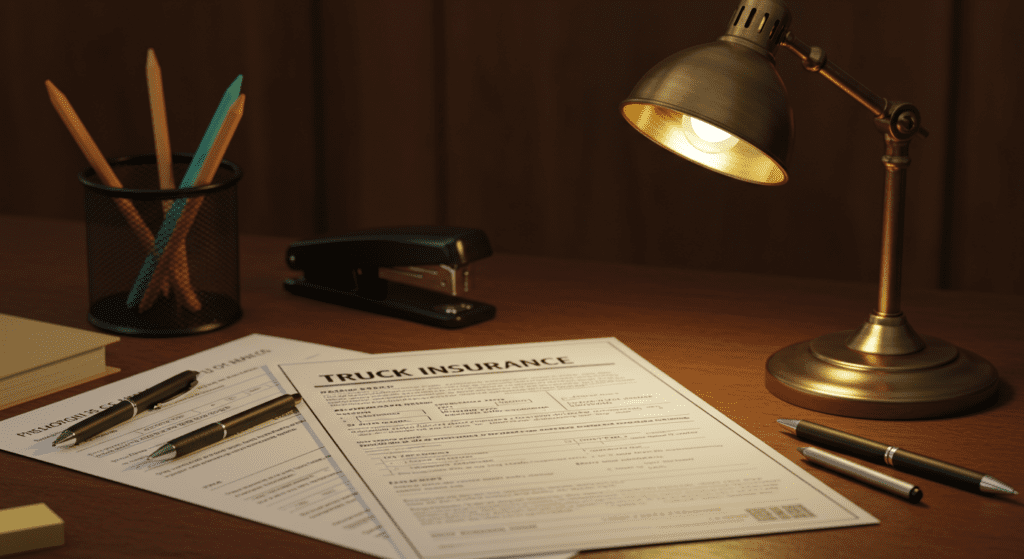
2. Liability Coverage Explained
Liability coverage is a fundamental component of trucking insurance, covering damages or injuries caused to third parties in an accident. It typically includes bodily injury and property damage liabilities. This coverage ensures that your business can handle legal claims and expenses arising from accidents without devastating financial repercussions. Adequate liability insurance not only protects your business assets but also enhances your credibility with clients and regulatory bodies.
3. Physical Damage Coverage
Physical damage coverage protects your truck and trailer from damage due to collisions, vandalism, theft, and natural disasters. This type of insurance is divided into two categories: comprehensive and collision coverage. Comprehensive coverage handles non-collision-related damages, while collision coverage deals with damages resulting from accidents involving other vehicles. Maintaining physical damage coverage ensures that your equipment remains operational and minimizes repair or replacement costs.
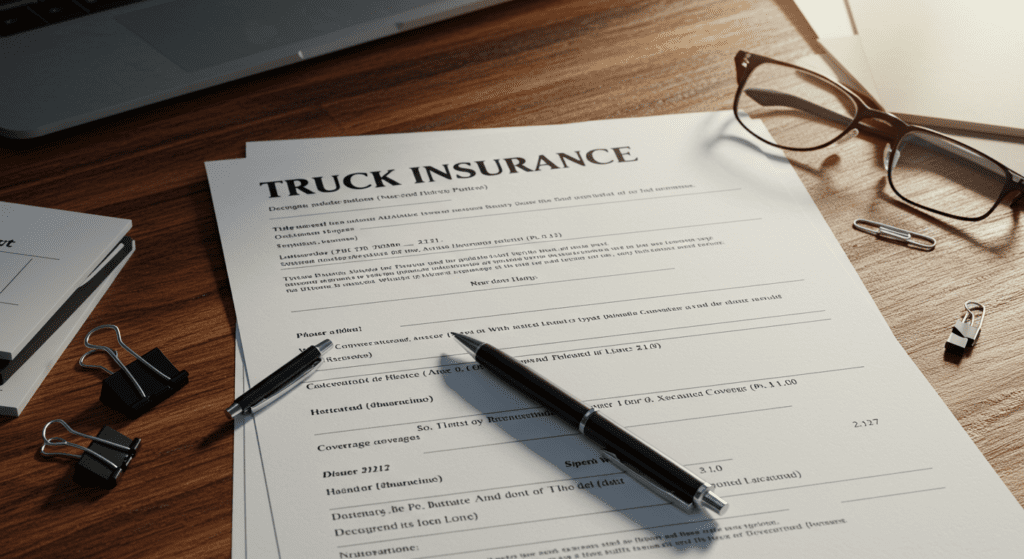
4. Cargo Insurance and Its Importance
Cargo insurance safeguards the goods you transport against loss or damage during transit. It is vital for maintaining client trust and ensuring that you fulfill contractual obligations. This coverage typically includes protection against theft, accidents, natural disasters, and other unforeseen events that could compromise the integrity of the cargo. Investing in robust cargo insurance not only protects your revenue but also strengthens your reputation as a reliable trucking service provider.
5. Bobtail and Non-Trucking Liability
Bobtail insurance, also known as non-trucking liability, covers your truck when it is being operated without a trailer or when not under dispatch. This is essential for owner-operators who frequently drive their trucks for personal use or during downtime between jobs. Non-trucking liability provides protection against accidents that occur when the truck is not engaged in commercial activities, ensuring that you remain covered regardless of how the truck is being used.
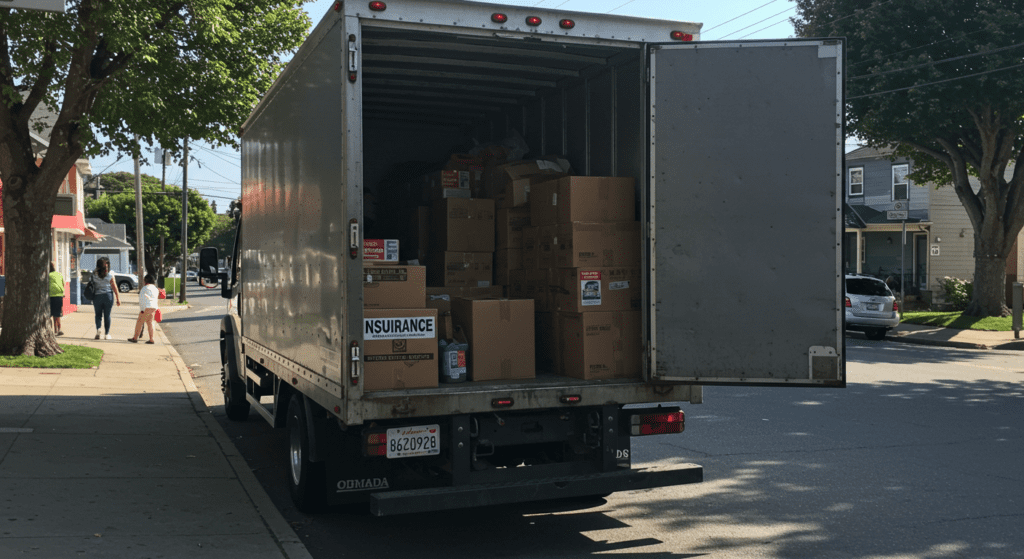
6. Occupational Accident Insurance
Occupational accident insurance is designed to protect truck drivers from workplace injuries and accidents. This coverage provides benefits such as medical expenses, disability payments, and lost wages, regardless of who is at fault. It is particularly beneficial for owner-operators and independent drivers who may not have access to traditional workers’ compensation insurance. Occupational accident insurance ensures that drivers receive necessary support in the event of an accident, promoting safety and financial security.
7. Trailer Interchange Insurance
Trailer interchange insurance covers the trailer when it is in the possession of another carrier or leasing company. This is crucial for trucking businesses that frequently use trailers owned by different parties. The coverage protects against damages or losses that may occur while the trailer is not under your direct control. Trailer interchange insurance ensures that you are not held financially responsible for damages to trailers you do not own, maintaining smooth operations and protecting your bottom line.
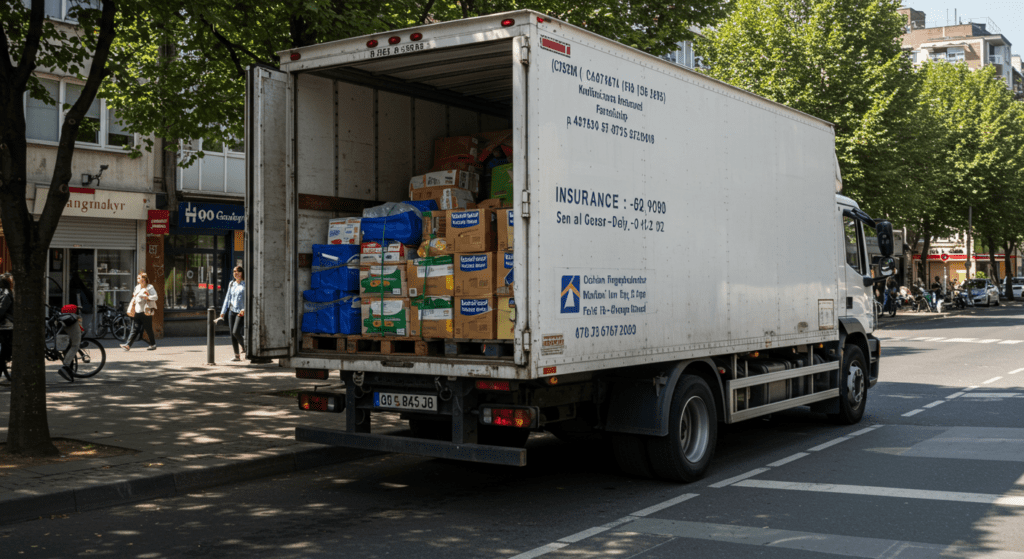
8. Motor Truck General Liability
Motor truck general liability insurance provides broad coverage for various risks associated with trucking operations. It typically includes protection against bodily injury, property damage, and personal injury claims that occur as a result of your business activities. This comprehensive coverage ensures that your trucking business is protected against a wide range of potential liabilities, offering peace of mind and financial security in day-to-day operations.
9. Umbrella Insurance Policies for Truckers
Umbrella insurance policies offer additional liability coverage beyond the limits of your primary insurance policies. This extra layer of protection is essential for shielding your trucking business from catastrophic losses that exceed standard coverage limits. Umbrella insurance provides peace of mind by ensuring that you have sufficient protection in the event of major accidents, lawsuits, or other significant claims, safeguarding your business’s financial future.
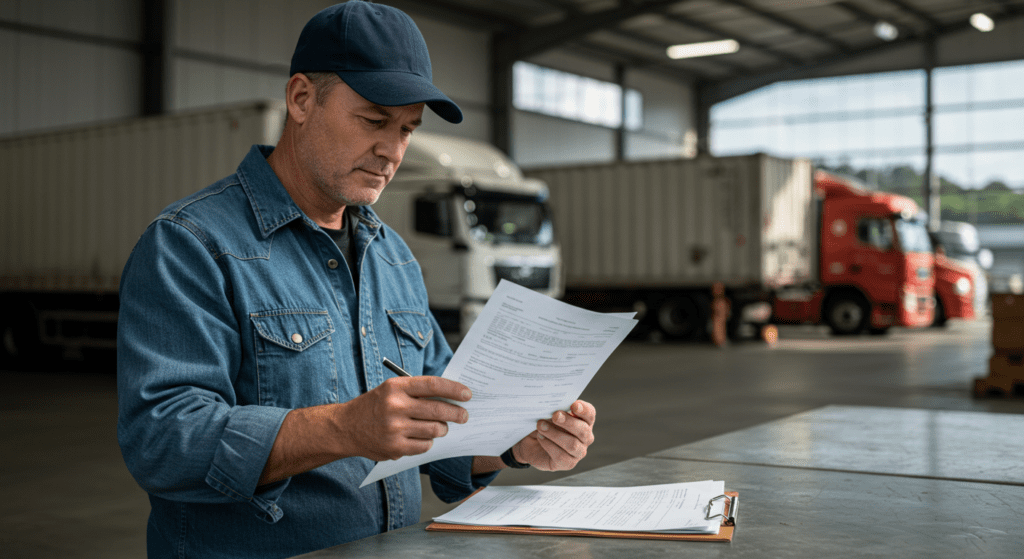
10. Choosing the Right Coverage for Your Trucking Business
Selecting the appropriate trucking insurance coverage involves assessing your business’s specific needs, risk factors, and regulatory requirements. Consider factors such as the size of your fleet, the types of cargo you transport, and your operating areas. It is also important to work with an experienced insurance agent who understands the trucking industry and can tailor policies to fit your unique circumstances. By carefully evaluating your coverage options, you can ensure comprehensive protection, compliance, and the long-term success of your trucking business.
